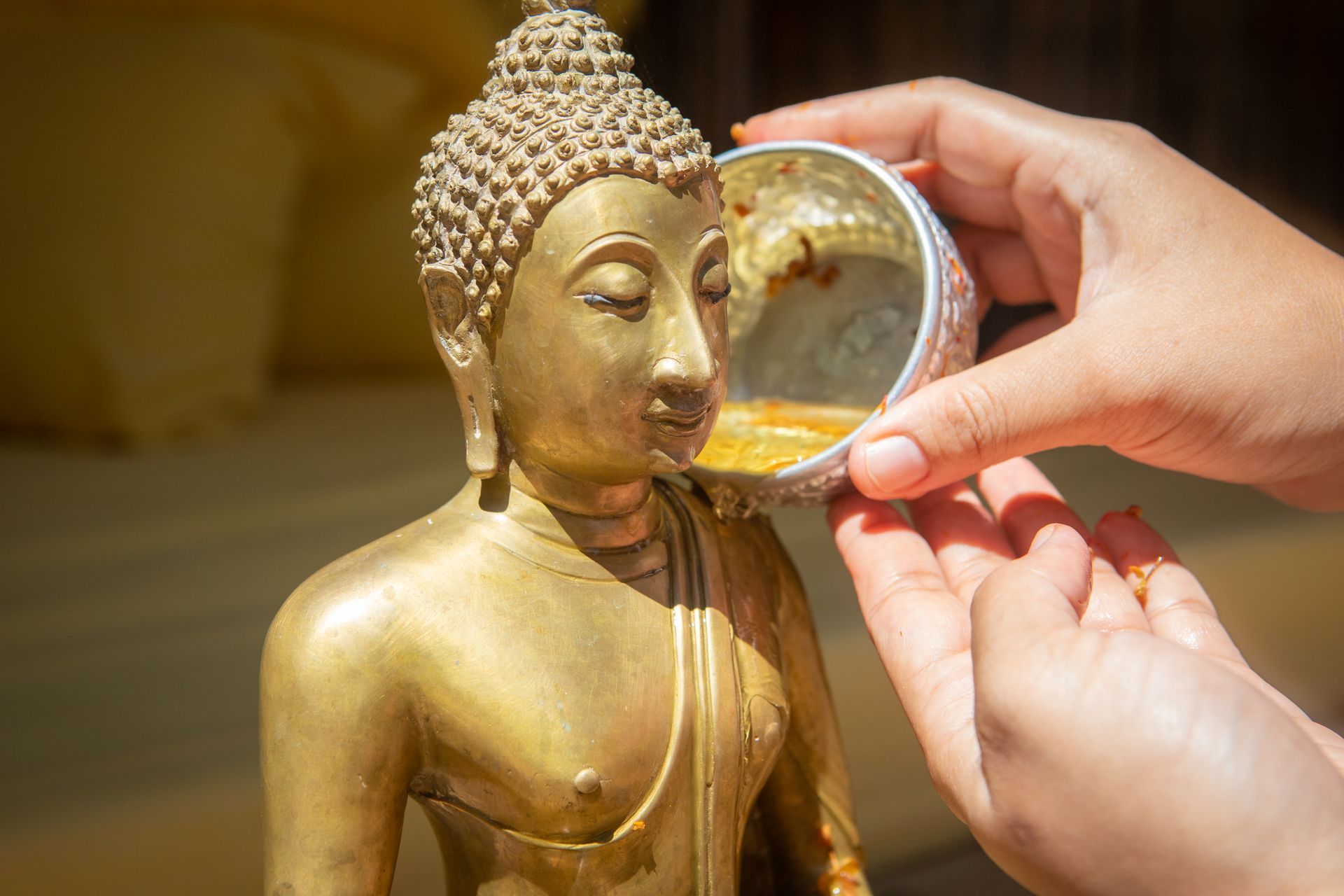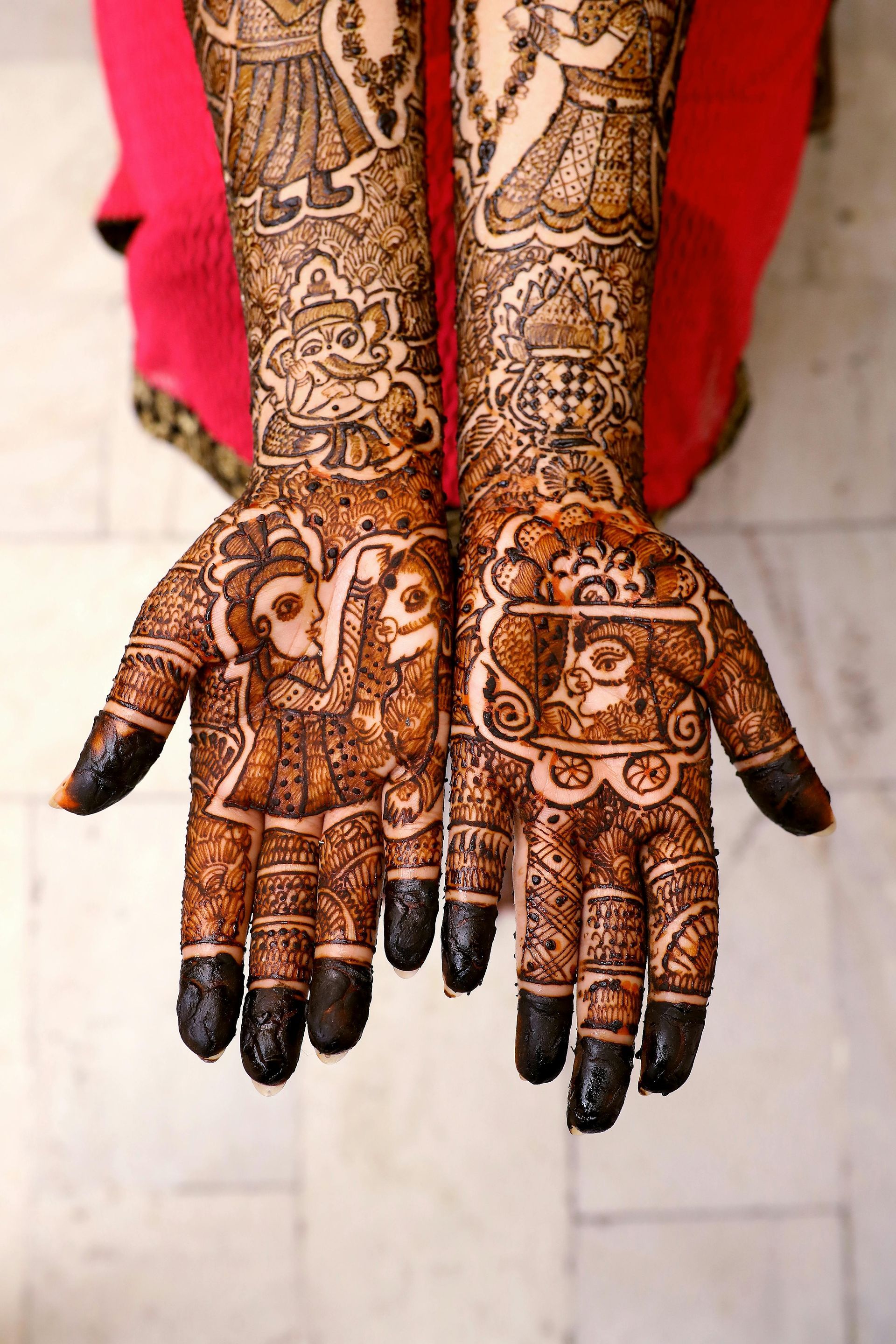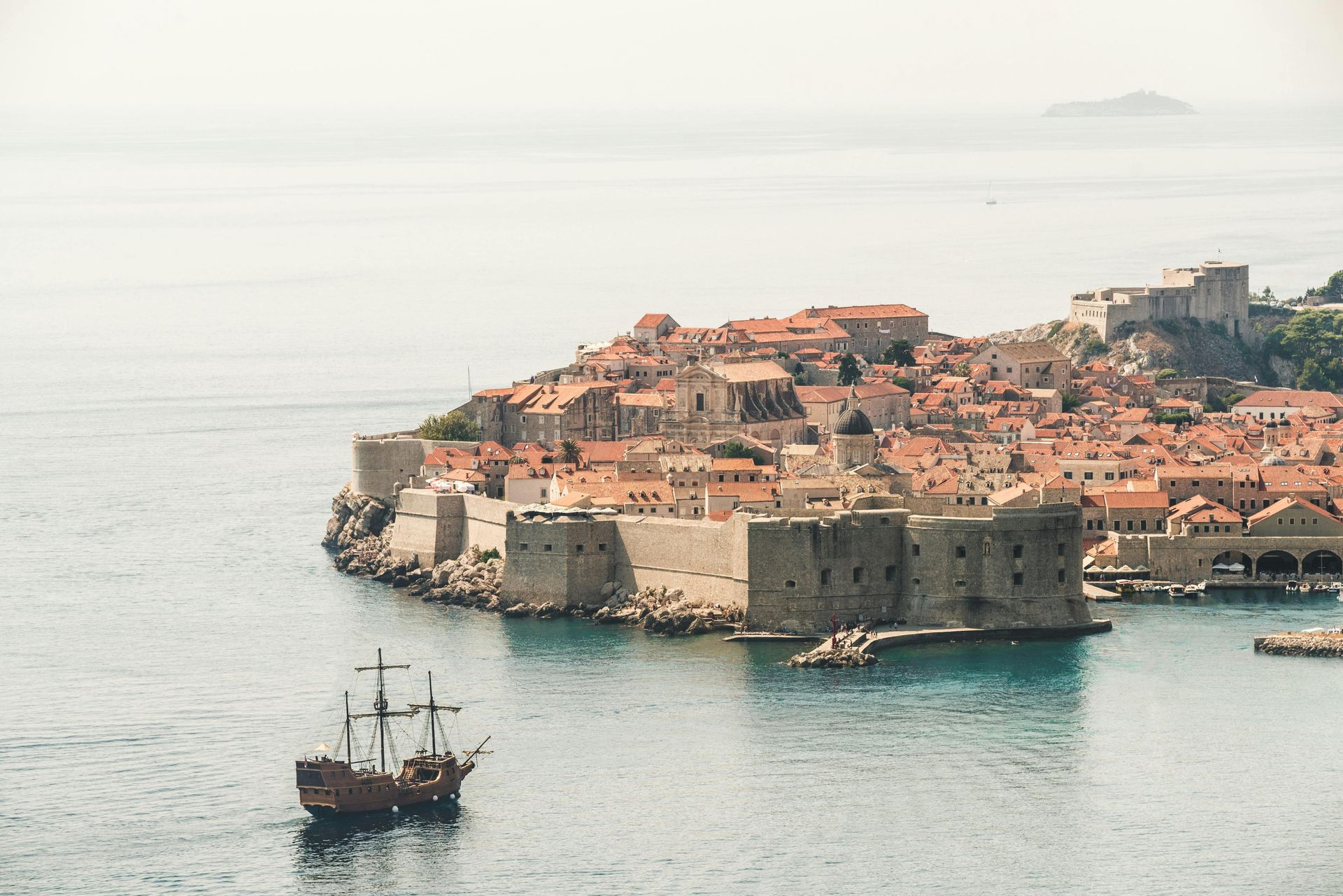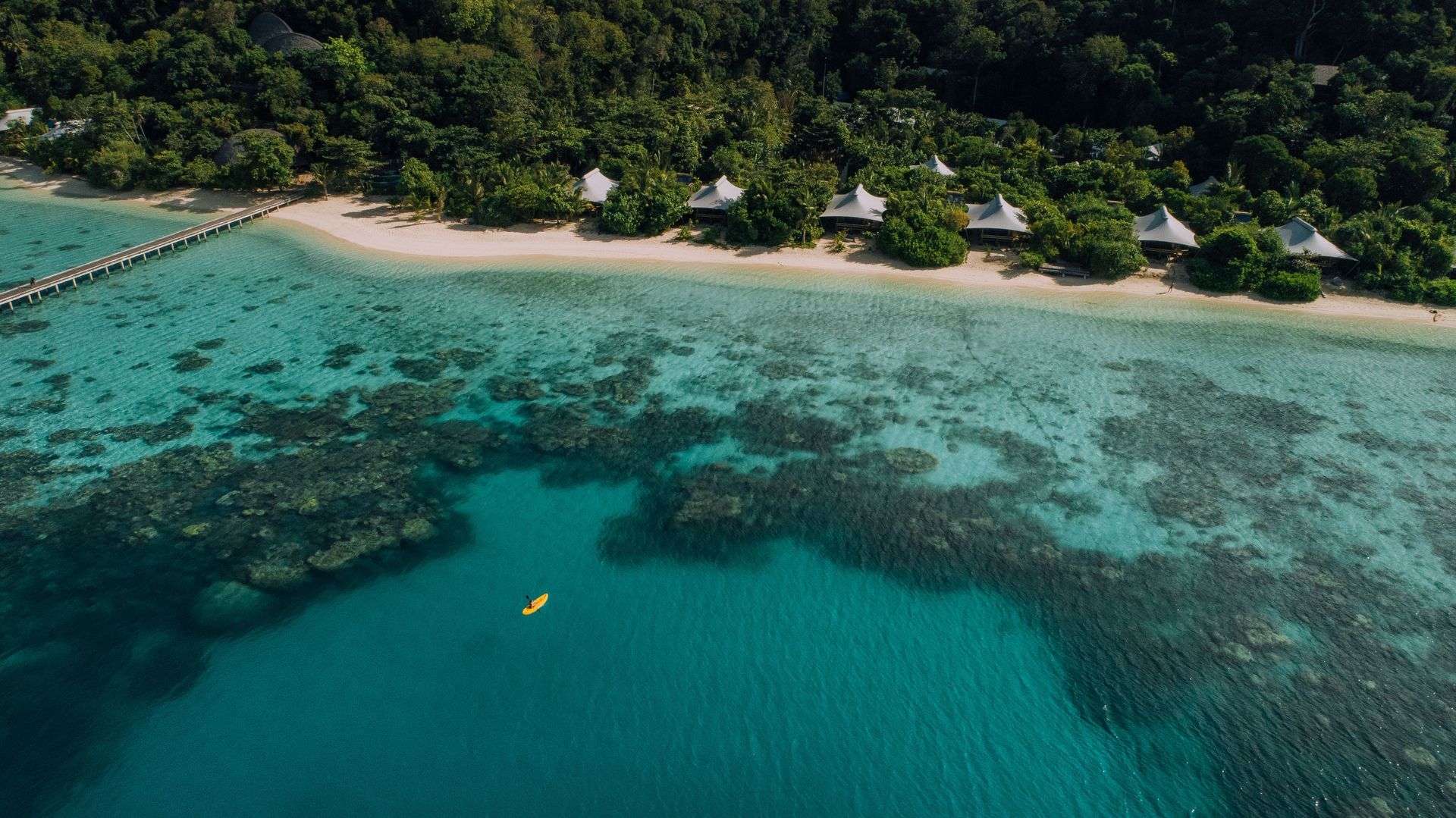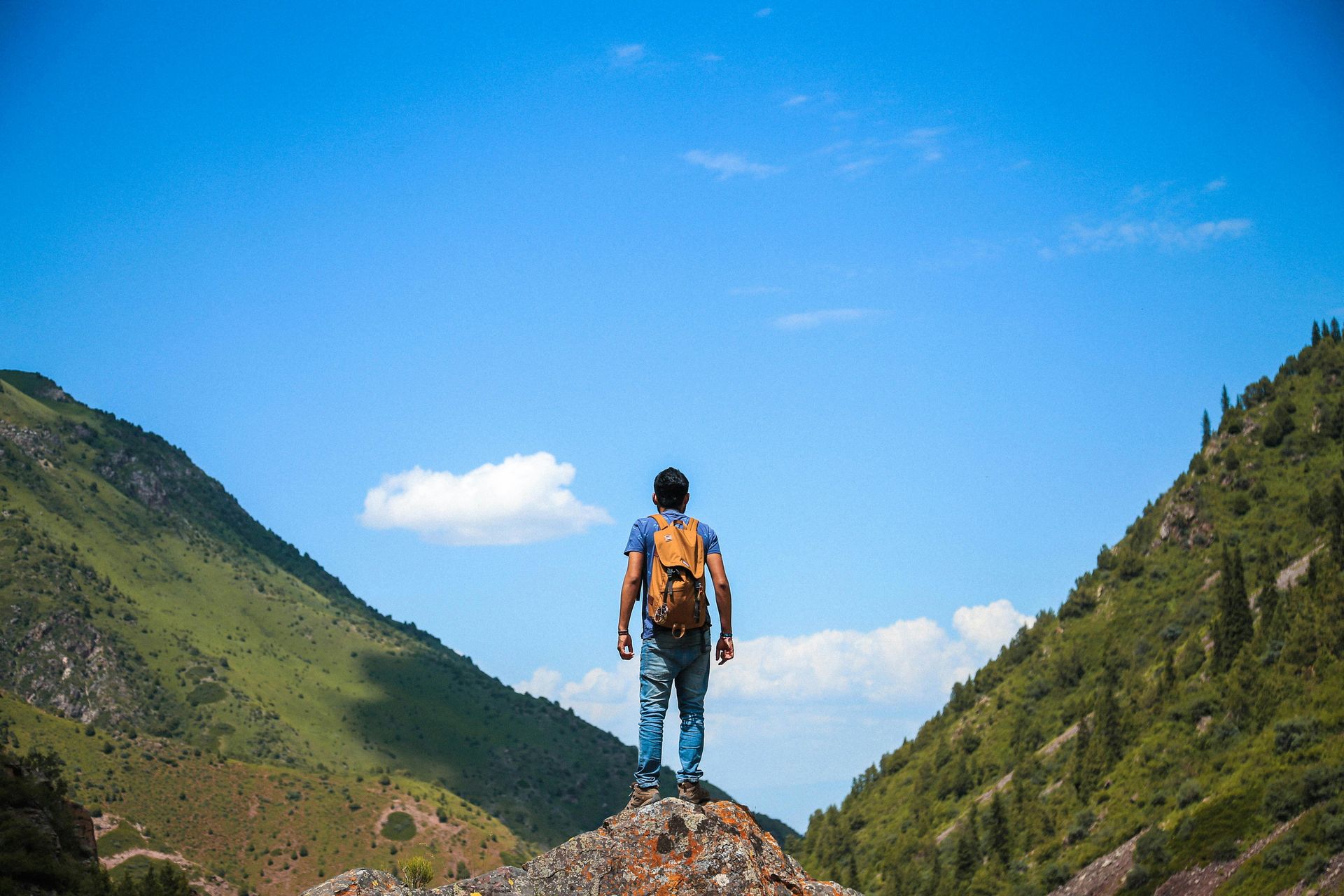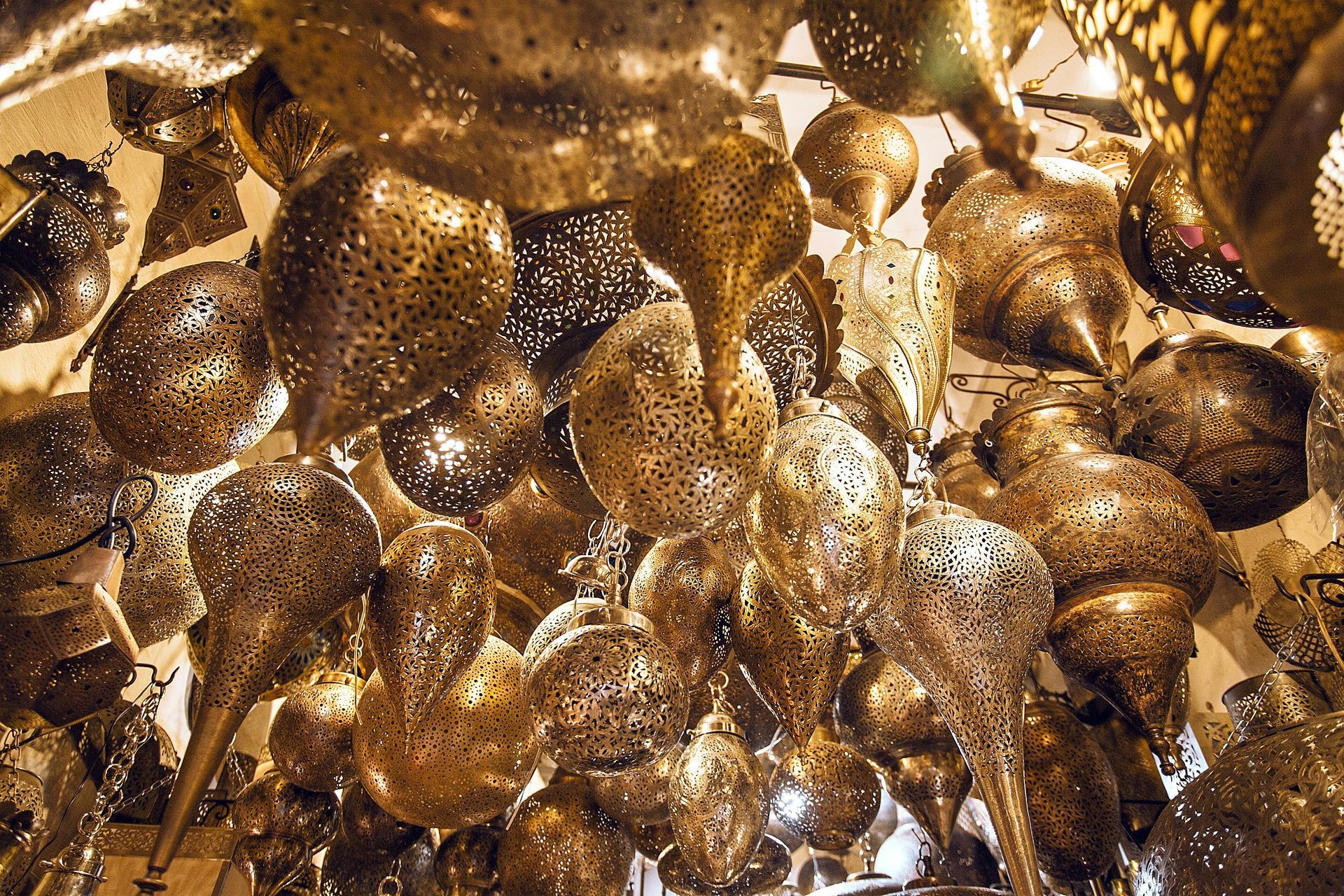5 Ways Travel Improves Mental Health
5 Ways Travel Improves Mental Health
Can travel really help your mental health and make the world a better place? The answer lies in mindful, purpose-driven travel — here’s how.
Introduction: How Mindful Travel Nourishes Your Mind — and the Planet
You’ve felt it, right? That full, deep breath you take when you finally arrive at your long-dreamed-about destination. A switch clicks in your brain and real life seems to drift a bit further away – far enough that your mind slowly begins to emerge from the shadows of stress and worry into the light of new experiences.
Travel and mental health are connected in myriad ways. According to WebMD, ‘travel has been linked to stress reduction and can alleviate symptoms of anxiety and depression.’ The World Travel and Tourism Council puts it this way: ‘Travel is a great way to maintain mental well-being, and, by extension, it contributes to a happier and more fulfilling life.’
Yet, on the flipside, when we consider the negative environmental effects of travel, and the realities of climate anxieties, how can we reconcile the benefits of travel on our mental health with the potential negative impact?
At A’ARU, we are guided by the United Nations’ Sustainable Development Goals as a way to bring together luxury travel and purposeful, planet-first choices. These goals can, at first glance, feel lofty – even unattainable – for the average person. How can one individual on their own make an impact on the entire planet? That’s where the Inner Development Goals come in. The IDGs ‘show what inner shifts need to happen in order for us to increase our chances of reaching the Sustainable Development Goals.’
In other words, these inner goals give each of us small stepping stones towards ‘peace and prosperity for people and planet.’ We believe that travel can help us on this journey, which can also have a positive impact on internal world while helping us make better choices for the world around us. Let’s find out how.
1. RELATIONSHIP TO SELF: Travel Builds Self-Awareness & Emotional Stability
Travelling alone with only your thoughts for company can be a deeply confronting experience, but there is something empowering about choosing to travel by yourself. Who are you when we’re not processing your experiences externally with others? What can you learn by being attentive to your internal monologue and external reactions without a familiar audience?
Solo travel offers you the chance to step out of your comfort zone and cultivate self-awareness as you reflect on your purpose through solitude and a commitment to self-discovery.
It’s also an optimal time to unplug and connect with nature – another mental health-boosting exercise. By connecting with the natural world and reaping the physical and mental benefits of being outside, you will understand more personally the importance of protecting these vital spaces in our world.
2. COGNITIVE SKILLS: Travel Expands Critical Thinking & Mental Resilience
If we’re honest, travel rarely goes exactly to plan – wrong turns, unexpected delays, the sting of ‘expectation vs. reality’ – there are bound to be bumps along the way (though we think these make the best stories!). But can we leverage these moments to boost our mental wellbeing?
Travelling – whether alone or with others – exposes you to diverse perspectives, which has the power to enhance critical thinking and intellectual flexibility. This is especially true when exploring a culture outside your own lived experience, but also remains true when travelling with any group of people. Everyone responds differently when things don’t quite go as planned, and travel is an excellent way to engage critical thinking and problem-solving skills while improving your cognitive abilities.
Think about it: once you have successfully navigated a problem that at one time seemed insurmountable, the next time you experience a similar problem, it’s a little less daunting. You’ve created flexibility within your thought-world and increased your resilience as a result.
3. CARING FOR OTHERS: Travel Deepens Empathy & Social Connections
Travelling can be an opportunity to walk a mile in someone else’s shoes, which is the heart of empathy: the ability to understand another person’s feelings. If you’re open to it, travel naturally fosters empathy and deeper relationships, both with people you meet on the road and those you travel with. Connecting with others enhances your social intelligence and compassion, which are vital for mental well-being.
Looking beyond ourselves and exercising empathy can help us to see the world differently: as something to protect and cherish. This is an important step in our personal journeys towards sustainability.
4. SOCIAL SKILLS: Travel Increases Collaboration & Teamwork
Travel often requires collaboration with others – whether in planning, navigating unfamiliar places, or resolving conflicts. In this way, travel can improve your communication skills, conflict resolution, and trust-building.
By being open to collaboration and teamwork, we can deepen social relationships and build community, which is integral to our mental wellbeing. While participating in personal development, we find the power to inspire wide-spread change within healthy, connected communities. Social collaboration is a key component in our shared responsibility of caring for people and the planet.
5. ENABLING CHANGE: Travel Boosts Courage & Emotional Resilience
Adventure travel, such as hiking, surfing, or mountain climbing, can push your personal and physical boundaries – think of the adrenaline, the rush of success in trying something new, or discovering that you’re capable of more than you could have imagined. Through these experiences, you can build courage, perseverance, and the ability to act under uncertainty.
Courage and emotional resilience contribute to overall mental wellbeing. They are also important in the commitment to making the world a better place. We won’t reach our collective sustainability goals without taking individual action. Actively building courage and emotional resilience will help you be the kind of person that graciously stands up for what you believe in, inspiring change within your sphere of influence.
What About Stress & Anxiety Caused by Travel?
It’s no surprise that even the mere thought of travelling can be the source of mental distress. Stress and anxieties are abundant in the intricacies of itinerary planning, logistics, and the unknowns that come with travelling somewhere new.
Fortunately, there are considerations you can keep in mind to lessen these stresses:
- Stay local. Choose somewhere nearby to reduce the stress of flight logistics and your carbon footprint. Travel by train to see more of the surrounding landscape, get in touch with your environment, and boost your mental health.
- Visit an eco-retreat. If travel causes you stress, choose a destination where you can unwind and truly relax while you’re away.
- Let us help you. Use a resource like A’ARU to take the guesswork out of finding accommodations and experiences that are good for people and planet.
The Inner Development Goals help each of us take personal steps towards holistic health. When we travel intentionally and with purpose, we ensure a positive impact on our mental health and on the health of our planet. But more than that, when we travel with IDGs in mind, we open ourselves up to experiences that can radically shift our perspectives for the better, ultimately leading to transformative internal change, which impacts the world around us for the better.

